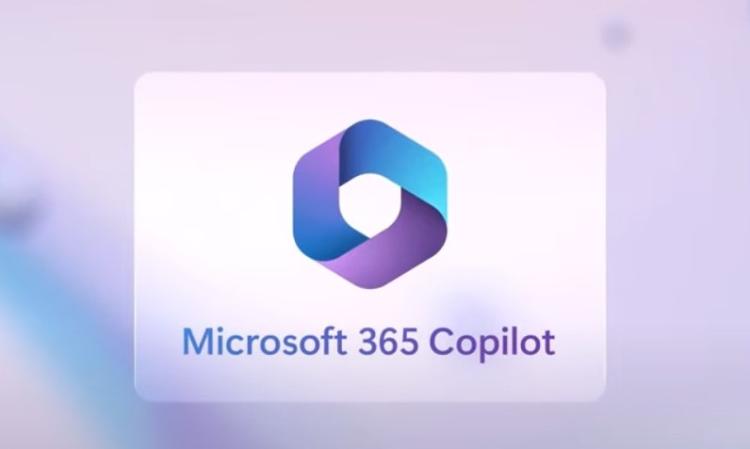More tips for your members!
Be careful what you get attached to!
The South West Cyber Resilience Centre partners with SWBC to bring you easy to action tips on cyber security. Don’t believe everything you read in an email – the simplest scams at the moment are frankly lying to you.
Phishing emails including attachments or links, and simple scams, are the main attack route at present for businesses according to cyber company Avast. By ‘scam’ we mean ‘lying’ – prevalent examples would be sending you a personal email to say that we’ve compromised your organisation’s data. Or that we’ve used your camera to film you doing compromising things. Frequently, that’s just not true.
On the subject of attachments, be very careful what you do with them. Recent analysis from VirusTotal showed which files you should be most guarded about. HTML and compressed (.zip) formats are most frequently being used to circulate viruses right now. Javascript, PDF and .txt files are also worth extra vigilance; Office documents are less misused.
If you weren’t aware of it, consider registering for the National Cyber Security Centre’s Early Warning Service. They’re the UK government agency looking after all of us, and they’ll let you know if their investigators find a weakness which they can see your systems would be vulnerable to. Type it into your search engine to find more detail.
A note about pop up windows in your browser. They are a bit like pictures, meaning it’s possible to configure their content entirely… so that, for example, a fake web address is shown at the top. This makes them perfect for imitating a login page. Check carefully that they’ve come from a known and trusted site.
To get monthly updates on new threats to your online safety, sign up with SWCRC. It’s completely free and brings you advice you can understand from a police-led organisation here to protect the South West from cyber crime.










